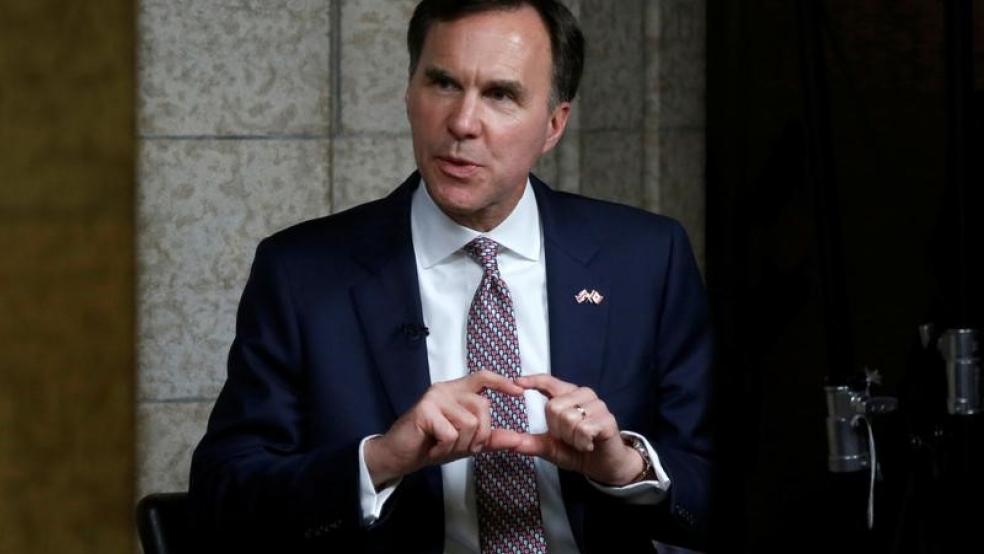OTTAWA (Reuters) - Canada's Liberal government unveiled a smaller-than-forecast budget deficit on Tuesday as it pressed forward with more stimulus spending on families, but did not project the budget would return to balance in the next five years.
Finance Minister Bill Morneau, under fire in recent days over conflict-of-interest allegations, pointed to stronger-than-expected economic growth as proof the Liberal strategy of deficit spending had paid dividends in the two years since Prime Minister Justin Trudeau won a surprise majority.
"So now, with a little more wind in our sails, we're doubling down on a plan with proven results and reinvesting in the middle class," Morneau said in a speech to parliament.
The government has been badly shaken by charges that Morneau, the multimillionaire former chief executive officer of human resources management firm Morneau Shepell
, was in a conflict of interest because he did not place his holdings in a blind trust, but hopes the fiscal update will reset pubic focus on the strong economy.The deficit was projected to shrink to C$19.9 billion this year from C$28.5 billion projected in the March budget, but the improvement included a reduction in the government’s so-called fiscal cushion to C$1.5 billion from C$3 billion in March. The budget shortfall was forecast to shrink further, to C$18.6 billion next year and to C$12.5 billion by the end of the budget’s five-year horizon in 2022-23. Each of those years included a C$3 billion fiscal cushion, a risk adjustment that economists consider prudent.Morneau's update had little impact on financial markets, but the additional stimulus may give the Bank of Canada more room to continue to hike interest rates, though no move is expected at the bank's next policy decision on Wednesday."You kind of have a hand off from monetary policy to the federal government by way of fiscal stimulus," said Scott Smith, managing partner at Viewpoint Investment Partners. "If you can thread the needle, then it's a great strategy ... the challenge comes if there's a hiccup in any link of the chain as it pertains to either monetary or fiscal policy." Morneau said the government would strengthen the child benefit by indexing it to inflation from next July, a pledge that will cost C$5.6 billion over five years, and increase the tax benefit for low-income workers.He forecast GDP growth to slow to 2.1 percent in 2018 and 1.6 percent in 2019, from 3.1 percent this year.Together with the smaller deficits, the growth would reduce the debt-to-GDP ratio to 30.5 percent this year from 31.2 in 2016-2017 and gradually to 28.5 percent by 2022-23, better than most G7 rivals. (Additional reporting by David Ljunggren; Editing by Andrea Ricci and James Dalgleish)



